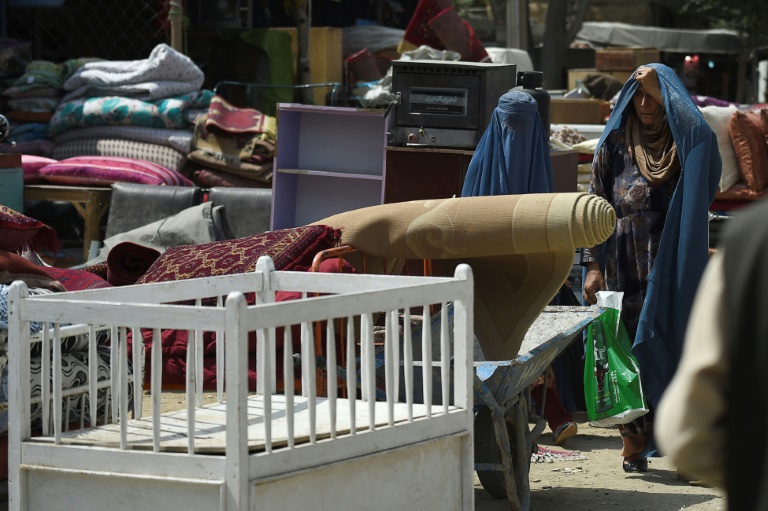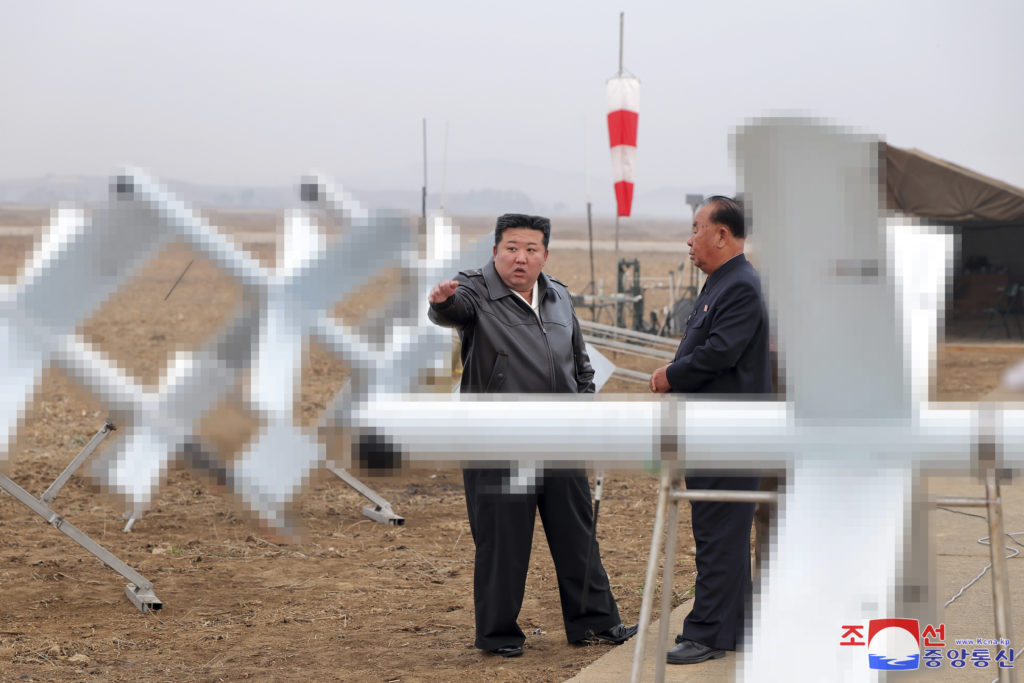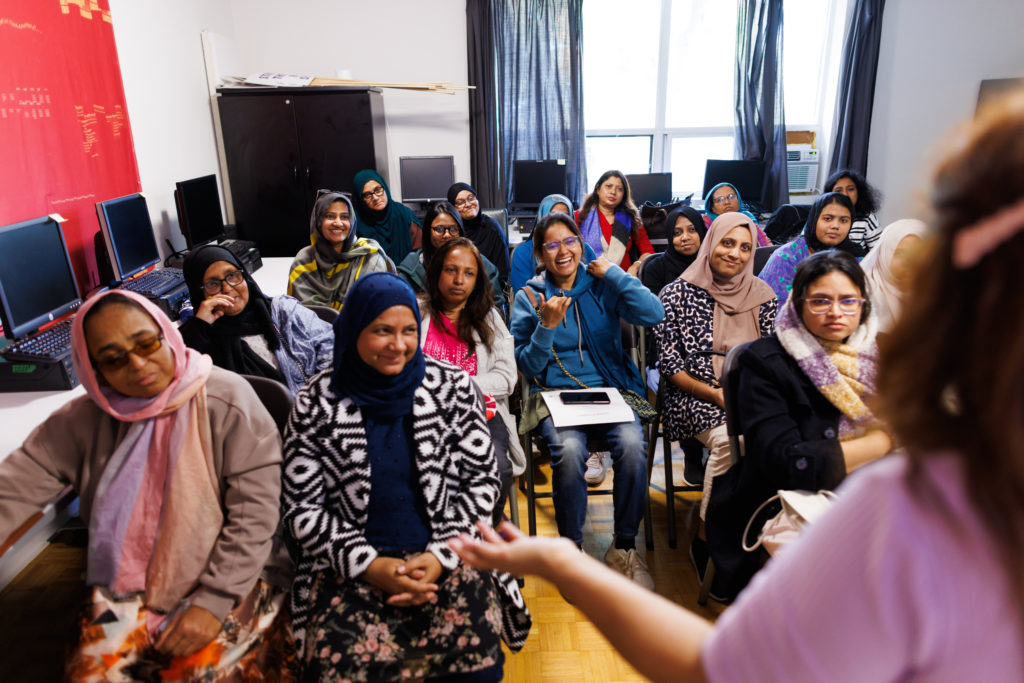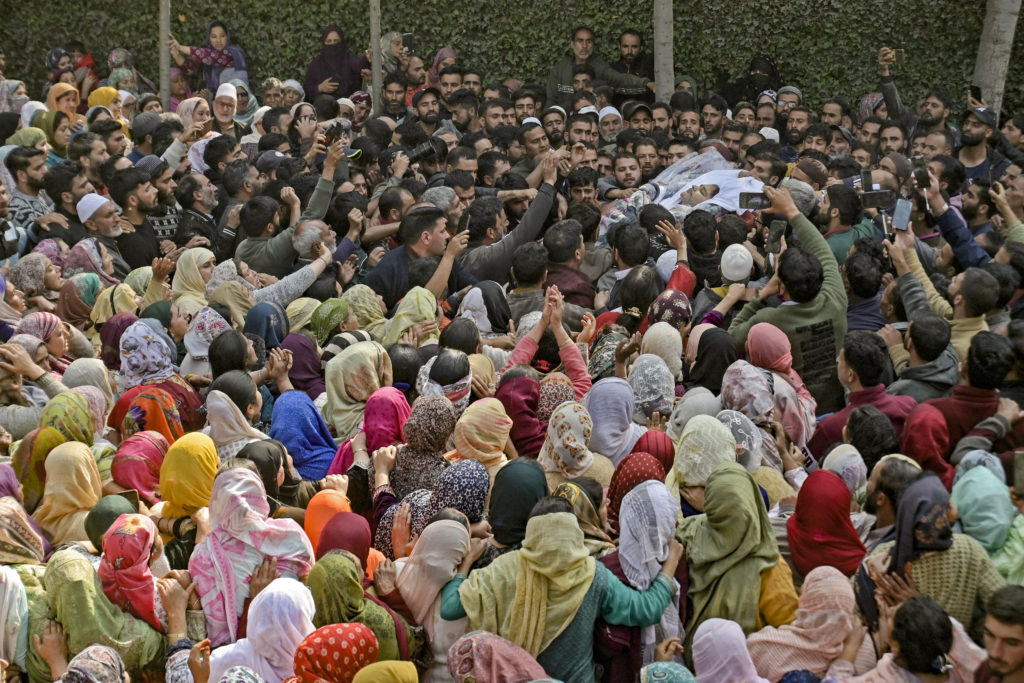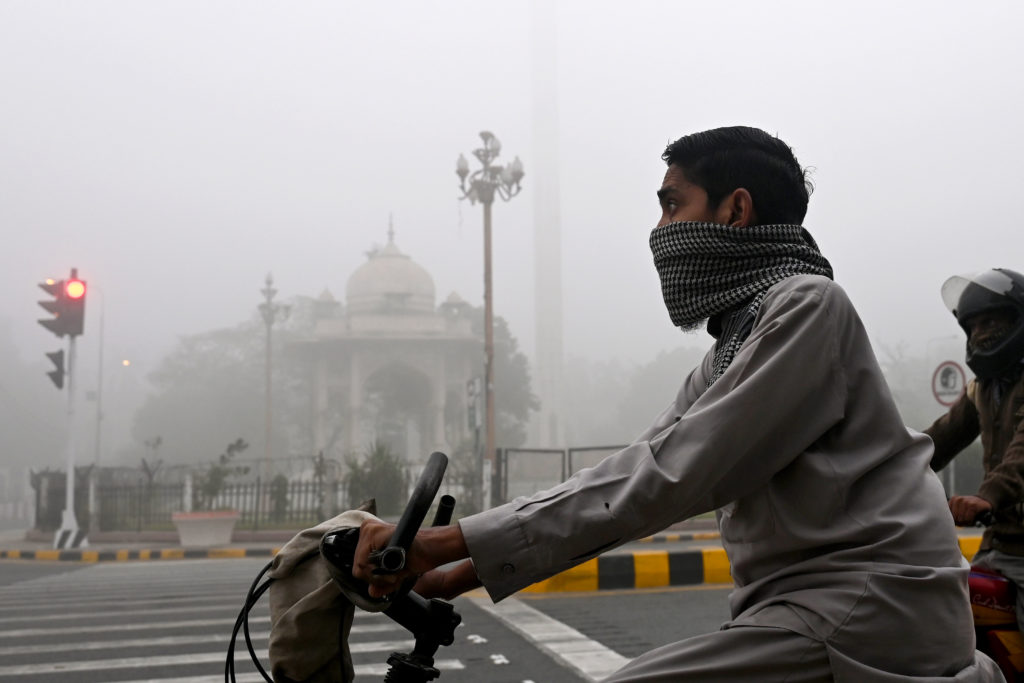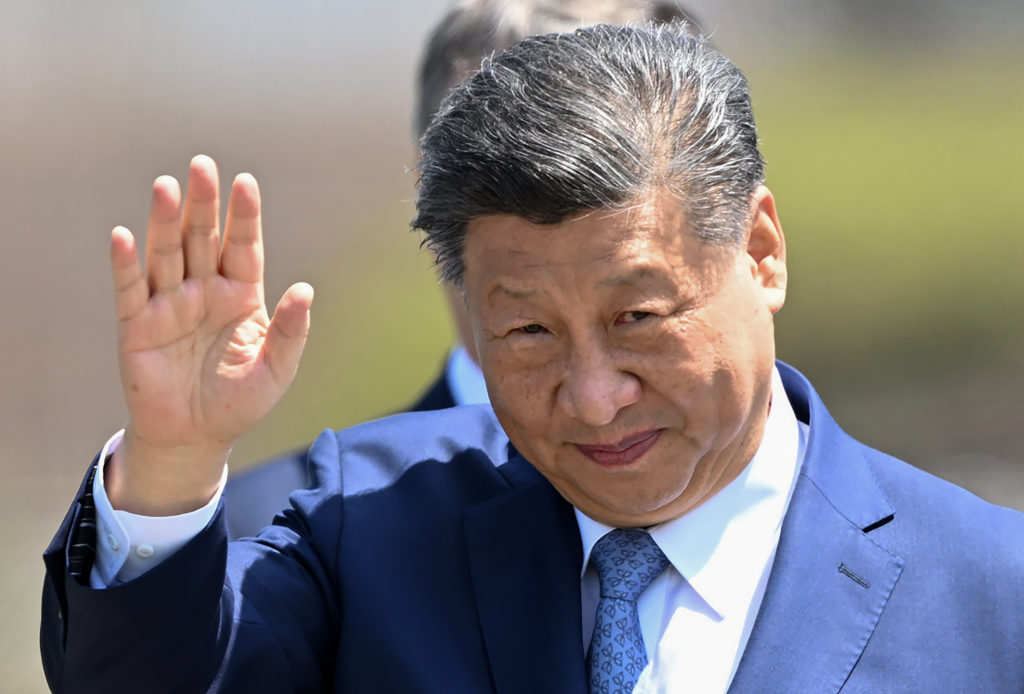The Taliban said on Tuesday Afghan girls will be allowed to return to school “as soon as possible”, after their movement faced international fury over their effective exclusion of women and girls from education and work.
The hardliners’ spokesman meanwhile announced the remaining members of Afghanistan’s all-male government, weeks after the militants seized Kabul in an offensive that shocked the world.
The Taliban were notorious for their brutal, oppressive rule from 1996 to 2001, when women were largely barred from work and school, including being banned from leaving their homes unless accompanied by a male relative.
One month after seizing power and pledging a softer version of their previous regime, the Islamists have incrementally stripped away at Afghans’ freedoms.
“The work is continuing over the issues of education and work of women and girls,” Taliban spokesman Zabihullah Mujahid said at a press conference, saying schools will reopen “as soon as possible”, without providing a timeframe.
“More time is needed… instructions on how to deal with their work, their services and their education are needed because the system has changed and an Islamic system is in place.”
At the weekend, girls and female teachers were excluded from returning to secondary school, while boys and male teachers were ordered back to the classroom.
The Taliban have also slashed women’s access to work, with officials previously telling them to stay at home for their own security until segregation under the group’s restrictive interpretation of sharia law can be implemented.
The group imposed a harsh interpretation of sharia law during their last rule and this time round have said progress in women’s rights will be respected “within the framework of Islamic law”.
Many women however are deeply suspicious about the Taliban’s pledges.
“This happened last time. They kept saying they would allow us to return to work, but it never happened,” a woman teacher told AFP on Monday.
– No female ministers –
New additions to the Taliban’s government were also announced on Tuesday, with businessmen and engineers added to the line-up, as well as a doctor appointed as health minister.
The Taliban had promised an inclusive administration, but no women were added on Tuesday, and it remains largely drawn from loyalist ranks.
A member of the Hazara community, which is majority Shiite and has long been persecuted by the Sunni Taliban — joined the health ministry as a deputy minister.
Although still marginalised, Afghan women have fought for and gained basic rights in the past 20 years, becoming lawmakers, judges, pilots and police officers, though mostly limited to large cities.
There was no mention in the press conference of the recently shut down women’s affairs ministry, with its offices replaced with a department notorious for enforcing strict religious doctrine during the Taliban’s last rule.
Women have been at the forefront of several small, scattered protests across the country — a show of resistance unthinkable under the last regime — demanding to be included in public life.
The Taliban have attempted to shut them down, slapping rules on any form of assembly.
The Taliban now face the colossal task of transitioning from insurgent force to ruling Afghanistan, an aid-dependent country whose economic troubles have only deepened since the Islamists seized power and outside funding was frozen.
Many government employees have not been paid for months, with food prices soaring.
“We are working on a mechanism for the payment of salaries. Salaries will be paid to all the employees in coming days,” Mujahid said.
While many Afghans are relieved that the Taliban victory has brought an end to the ongoing fighting, air strikes and bomb attacks, the Islamic State group branch of Afghanistan remains a security risk.
It has claimed a handful of bomb attacks in their former stronghold of Nangarhar province, as well as a devastating suicide blast that killed scores of people outside Kabul airport during the chaotic US-led evacuation.

